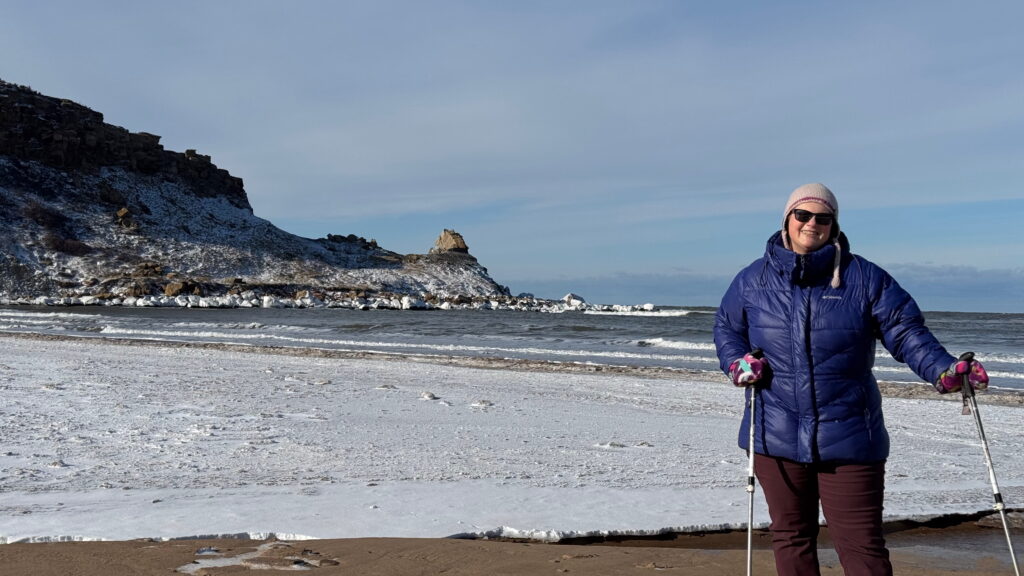In today’s Washington Post there is an article by Karuna Jaggar entitled “Stop routine breast-cancer screening. Science has shown they don’t save lives“. As someone who just spent the better part of a year being treated for breast cancer, you’d think that I would disagree with this article – but you’d be wrong. You see, I don’t believe in making general population policy decisions based upon emotional reactions to individual cases. I think there is some pretty good evidence that needs to be considered here.
The thing that scares me most in the article is this paragraph:
Mammography screening, which has been widely promoted for women in their 40s since the 1980s, is failing to meet our expectations of extending women’s lives. Routine breast cancer screening was supposed to prevent women from dying of breast cancer, but studies have shown that the “early detection saves lives” mantra just isn’t true for breast cancer.
It scares me because it is important – and yet so much money is spent on awareness campaigns that are all about “early detection”. The whole frickin’ month of October is all about making things pink so that people learn more about breast cancer. Awareness made sense 30 years ago when breast cancer was a taboo subject. It no longer makes sense to be wasting money on awareness campaigns when that same money could be funneled to research that is actually saving lives.
For me personally, I had my first mammogram after I felt a lump. My new US doctor had ordered one three months earlier to get a baseline, but I knew that screening in Canada didn’t typically begin until age 50. I had heard a CBC documentary on mammography several years ago (I think it was on Ideas back in 2011, but I could not find the link – there is an article from 2011 about it here) and it has also recently been in the news (see Breast cancer death rates in Canada didn’t improve with mammograms). I had heard that early detection does not change outcomes. Early detection increases 5-year survival rates, but doesn’t change death rates. What that means is that detecting it early means that you live with it longer – it doesn’t mean that it save lives.
I know that I cannot be 100% certain of things, but I’m pretty sure that I did not have cancer when my doctor ordered the mammogram back in January 2014. Had I done the test, I likely would have been all cleared, and when I felt the lump, I likely would have dismissed it for at least an additional week or two. I had other symptoms (change in discharge) that would have eventually led to me to my doctors office.
One of the reasons I dislike the “early detection saves lives” mantra is that it makes women with late stage disease feel guilty. For that matter, it makes all women feel guilty. We all go through the process of asking ourselves “What if I had caught it earlier?” It makes women with cancer feel like they failed to do something. It puts blame on the cancer patient. The problem is, that catching it sooner doesn’t seem to matter with breast cancer. It may with other cancers, but it doesn’t with breast cancer.
The exception to this rule may be for those who have a family history of breast cancer and those with genetic mutations – but the “early detection saves lives” message isn’t about people with a family history, rather is it sent to the general population. 80% of people who get breast cancer do not have a family history. And honestly, we don’t know yet if early detection for those with BRCA genes actually makes a difference in their survival. We haven’t been able to detect the gene for long enough to know if prophylactic surgery actually increases overall survival. It is too soon to tell. Note that I do not have an opinion either way on what one should do if they have a BRCA or other genetic mutation that increases their risk. My only opinion is that they should have the choice of what they wish to do.
So, I am happy to see more news articles about the controversy over routine mammography screening. I’d love to see organizations like the American Cancer Society stop wasting money pushing campaigns to increase ineffective screening tests when they could be spending that money on funding research to improve treatment options, which in turn actually saves lives.

Leave a Reply